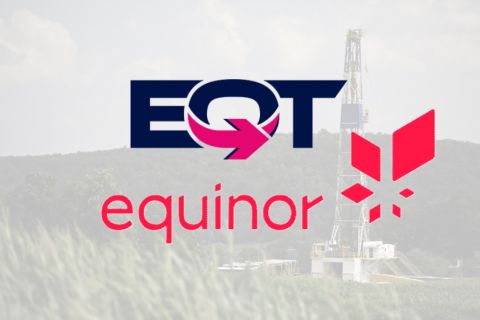China's Sinopec (NYSE: SNP) has decided to sell its oil assets in Argentina for $500 million to $600 million to Mexican company Vista Oil & Gas, a source with knowledge of the deal told Reuters on Nov. 28.
The price would be far less than the $2.45 billion that Sinopec paid in 2010 to buy the Argentine assets from U.S.-based Occidental Petroleum Corp. (NYSE: OXY). The assets are located mainly in the southern province of Santa Cruz.
Vista declined to comment, as did Sinopec's representatives in Argentina.
Sinopec informed Vista of its decision on Nov. 27, according to the source, who asked not to be named because the deal was confidential. Sinopec also told competing bidders including Argentina's state-controlled oil company YPF SA (NYSE: YPF) and private Argentine company Pluspetrol SA, the source said.
YPF and Pluspetrol declined to comment.
"Vista won the bidding for Sinopec's assets in Argentina," the source said in a telephone interview. "A period of contractual talks will start now."
Vista is looking to buy Latin American oil assets principally in Mexico, Argentina, Colombia and Brazil, according to the company's website.
"We believe there is an opportunity to acquire world-class assets in a region with abundant resources and that, in recent years, has become more open to investors," a statement on the website said.
Reuters reported last month that Sinopec, Asia's largest refiner, was weighing offers from about a dozen potential suitors as losses and labor headaches prompted it to pull out of Argentina.
In 2010, when Sinopec bought the Argentine assets, China—the world's second-largest oil consumer—was scouting for natural resources to feed its surging economy. Labor unrest in Santa Cruz had "weighed" on the operation since then, Sinopec said in September last year.
Argentina’s president, Mauricio Macri, has made attracting energy investment a priority since he took office in 2015. His government brokered a deal earlier this year to calm labor conflicts in Santa Cruz and lower business costs.
Argentina holds the world's second-largest shale fields but development has been stalled by high costs and frequent labor conflicts. Oil workers in Santa Cruz are known for being particularly combative.
Recommended Reading
EQT Strengthens Appalachian Position in Swap with Equinor
2024-04-16 - EQT, the largest natural gas producer in the U.S., is taking greater control of the production chain with its latest move.
SCF Acquires Flowchem, Val-Tex and Sealweld
2024-03-04 - Flowchem, Val-Tex and Sealweld were formerly part of Entegris Inc.
Global Partners Buys Four Liquid Energy Terminals from Gulf Oil
2024-04-10 - Global Partners initially set out to buy five terminals from Gulf Oil but the purchase of a terminal in Portland was abandoned after antitrust concerns were raised by the FTC and the Maine attorney general.
EQT Deal to ‘Vertically Integrate’ Equitrans Faces Steep Challenges
2024-03-11 - EQT Corp. plans to acquire Equitrans Midstream with $5.5 billion equity, but will assume debt of $7.6 billion or more in the process, while likely facing intense regulatory scrutiny.
Benchmark Buys Revolution Resources’ Anadarko Assets in $145MM Deal
2024-02-20 - Benchmark Energy II is acquiring Revolution Resources just over four years after Revolution bought out Jones Energy Inc.’s Midcontinent portfolio.





